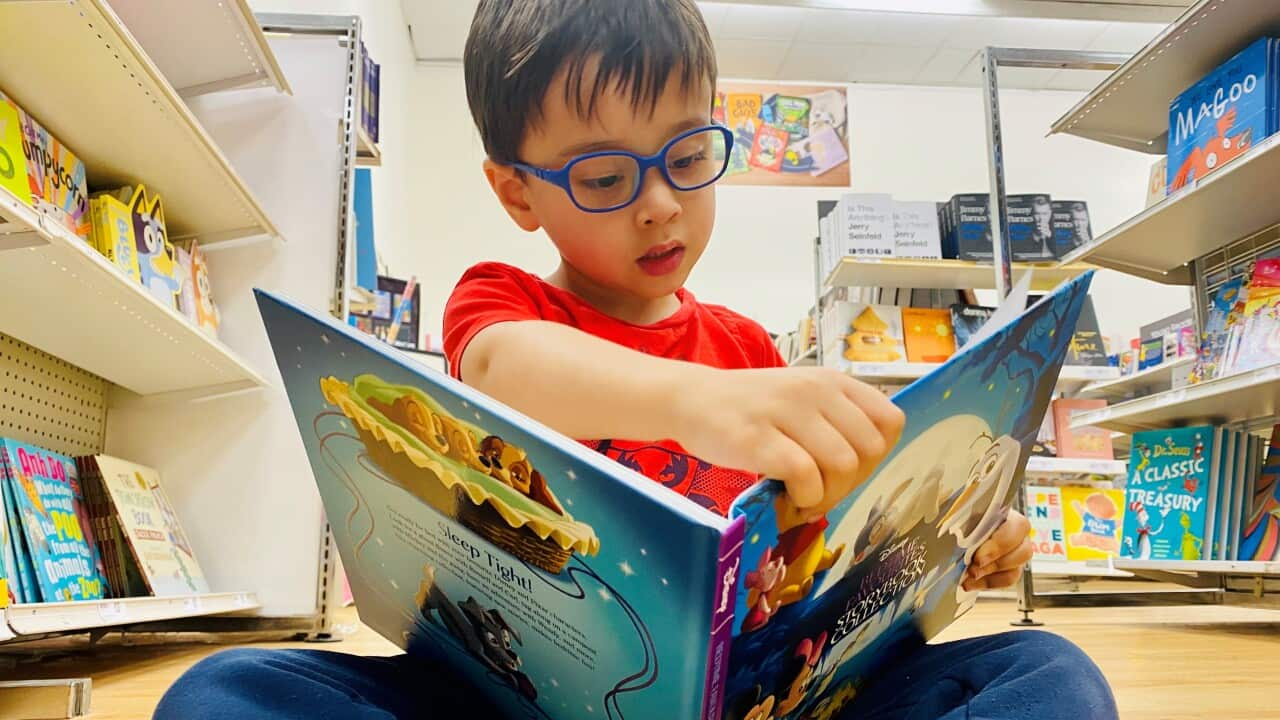Highlights
- Children have different ways of learning.
- Make every learning opportunity as fun as it can be - as if they are just playing.
- First-time author of children's book, Ivy Boomer took opportunity of her son Elliot's love for reading books to teach him about the Filipino culture.
For the first-time writer of children's book, "it is very important to teach my son about his parents origins. Being a Filipino American, 'half of him is Filipino".
"I want him to be proud of where he came from. He knows where he came from; where his parents are from, He's aware of our families' roots, culture and language - both in the Philippines and the US."
Introducing the Filipino culture early
"I tried to do since he was very young, noong baby pa lang si Elliot (anak ni Ivy)," shares the IT professional Ivy Boomer.
Initially, it has not been easy trying to teach her very young son about the Filipino culture.
"I think maraming magulang ang sasang-ayon na kapag nakatira tayo sa ibang bansa, lalo na kung wala tayong mga kamag-anak na andito tapos 'yung partner natin ay hindi Pilipino, medyo hindi madali na turuan ang anak natin ng Tagalog," she points. As young as eight months, Ivy Boomer has began introducing her son, Elliot, about the Filipino culture through books.
As young as eight months, Ivy Boomer has began introducing her son, Elliot, about the Filipino culture through books.

Elliot and mum, Ivy, reading 'My Filipino ABC'. Source: Ivy Boomer
"Elliot is very, very interested with books even before he turns 1 year old. Nag-start ako with picture books."
"Noong first time na umuwi kami ng Pilipinas, I started buying Filipino books para madala dito sa Australia and then we started reading together."
Because Ivy started early in teaching her son simple Filipino words, "even before Elliot was 2 years old, he knew how to count from one to ten in Filipino."
Aside from counting, Elliot's interests also include fruits and food. And from there she would incorporate their lessons.
"I just keep track of what his interests are and used that for our lessons. It was easier for him to remember things," has been Ivy's secret.
'Tagalog Time'
Because her husband is an American, Ivy is the only one who speaks Tagalog to her son.
"At home, I'm the only one who speaks Tagalog. So our practice is quite limited."
"It's such a conscious effort; every night, we have our 'Tagalog Time' before going to sleep - even if it's only 15 minutes."
Books were a big help for Ivy in teaching her son.
And Elliot's love for food also made a difference. The mother of 3-year-old Elliot would tell him about traditional Filipino foods.
"He [Elliot] loves rice. He also likes adobo and porridge" fondly shares Ivy about her son being "very Pinoy".
.

Collaborating with her son, Elliot, Sydney-mum Ivy Boomer, even without any experience in writing a book, was able to author and publish her first-ever children's book 'My Filipino ABC'. Source: Ivy Boomer
'My Filipino ABC'
With her son's passion for books and with the travel challenges due to the current pandemic, first -time children's book author created her own book, "My Filipino ABC".
She was inspired by her son Elliot to create the colourful book and full of cartoon-like drawings illustrated by Filipino artist Jason Pacliwan.
"He [Elliot] has an English Alphabet book and while we were reading it, he said to me - mummy, we should have a Filipino Alphabet book as well," recounts Mrs Boomer.
"The way we thought about the drawings, we wanted it to be funny because Elliot loves humorous books."
"At the same time, I know that as Filipinos, we always try to put smile in everything we do."
Currently, Mrs Boomer is preparing to publish her second book, with the working title "Si Kiko at ang Mahiwagang Sipilyo", a story about parents' challenge of making their children brush their teeth.

Inside 'My Filipino ABC' book is a collection of drawings of items that are familiar to most Filipinos. Source: Ivy Boomer
Practical tips for parents
1. Make it fun
Making the lessons fun will make a big difference in teaching culture and language to our children.
"If we make it [teaching] fun, we will be able to instil the Filipino culture in our children. They are just sort of playing, instead of being forced to learn," stresses the first-time writer.
"Whether it's through playing that you introduce the concept of how to count in Tagalog or through singing of Bahay Kubo; introduce the Tagalog words and vegetables.
Children will think they are just playing while you are doing the lessons.
2. Be consistent
"Consistency is the key. We have to do it regularly."
If we don't make it regular, they tend to forget what we teach them.
If we revisit the things we want them to learn, they will remember them more easily especially if we do them every day.
"Every night during bedtime, when we put them to bed, even for just 5 or 10 minutes of Tagalog time."
"It doesn't matter what it is, either just counting or telling them stories about our families in the Philippines and how we grew up would be very helpful."
3. Don't be discouraged
"Huwag tayong ma-discourage na turuan sila [mga anak] ng kultura natin, kung saan tayo nagmula."
"Ipagpatuloy lang nating kahit na maliit na bagay o konting oras lang. Dahil sa huli, maiisip natin na may epekto ito sa mga bata."
ALSO READ / LISTEN TO






